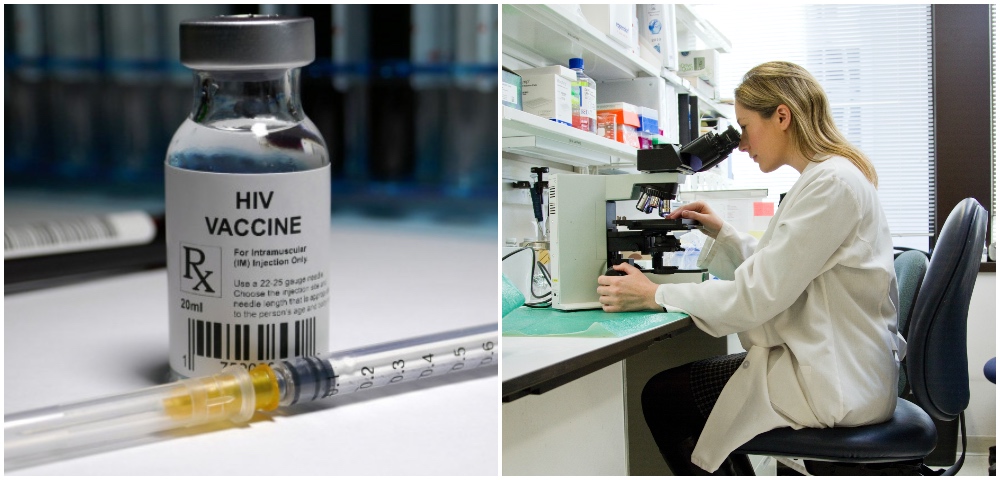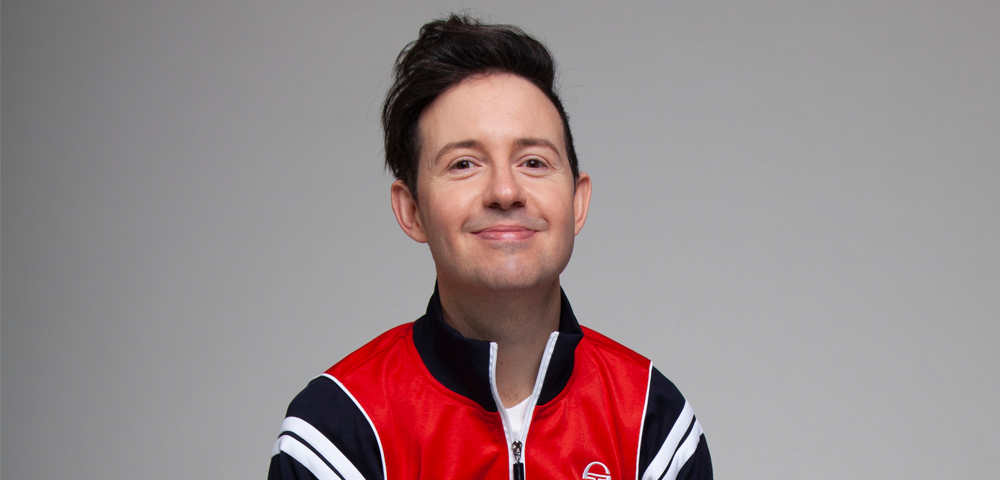
Moderna Starts Phase 1 of HIV Vaccine

Biotechnology company Moderna announced it has been working with the scientific not-for-profit partnership, International AIDS Vaccine Initiative (IAVI), to develop the HIV vaccine.
Moderna said it has administered the first doses of the trial vaccine at the School of Medicine and Health Sciences at George Washington University.
ANNOUNCEMENT 📢: We are proud to announce that the first participant has been dosed in the Phase 1 study of mRNA-1644, our experimental #HIV #mRNA #vaccine candidate. Learn more about this exciting venture with @IAVI: https://t.co/apeIJpPbxz pic.twitter.com/1fON4j9hP7
— Moderna (@moderna_tx) January 27, 2022
Moderna and Pfizer created the COVID-19 vaccines that the Therapeutic Goods Administration (TGA) approved for use in Australia.
The Massachusetts-based biotechnology company has also partnered with the Gates Foundation, Scripps Research, Emory University, Fred Hutch, George Washington University, and University of Texas San Antonio to develop the vaccine.
None of this would be possible without our partnerships, and we are grateful to @gatesfoundation, @scrippsresearch, @UTSA, @GWtweets, @fredhutch, and @EmoryUniversity.
— Moderna (@moderna_tx) January 27, 2022
‘We’ve Seen Promising Proof of Concept’
“We are tremendously excited to be advancing this new direction in HIV vaccine design with Moderna’s mRNA platform,” said Mark Feinberg, the president and chief executive officer of IAVI.
“The search for an HIV vaccine has been long and challenging, and having new tools in terms of immunogens and platforms could be the key to making rapid progress toward an urgently needed, effective HIV vaccine.”
“We are grateful to all of our partners and especially to the Bill & Melinda Gates Foundation for funding this trial.”
Messenger RNA (mRNA) induces B-cell responses and neutralises antibodies (bnAbs). The bnAbs are the antibodies that are “widely considered to be the goal of HIV vaccination.”
Scripps Research professor, William Schief, developed the HIV vaccine antigens from proteins.
“We’ve seen promising proof of concept for germline targeting [in the Moderna vaccine], and this trial lets us take this to the next stage,” Schief said.
“What’s more, we’ve been able to expedite production of clinical trial material at a remarkably rapid pace because of Moderna’s technology.”
Participants in the Trial will be ‘Monitored for Safety’
According to the statement, participants in the trial will be “monitored for safety six months after last vaccination” and their immune responses will be “examined in molecular detail” to “evaluate” whether the “targeted responses were achieved.”
The research sites mentioned will host 56 “healthy HIV-negative adult volunteers.”
Forty-eight of these participants will receive one or two doses of the vaccine while the other 32 will receive the booster.
The height of the AIDS epidemic was in the 1980s but the disease still kills hundreds of thousands of people worldwide every year.
Moderna also said it is working on vaccines for Epstein Barr Virus and Cytomegalovirus.
In addition to our #HIV vaccine candidates, we are working on vaccines against #CMV and #EBV and our research team is working to bring even more #mRNA vaccines against latent viruses to the clinic to improve human health.
— Moderna (@moderna_tx) January 27, 2022
“This trial is another step forward in the development towards a vaccine against HIV,” said ACON CEO Nicolas Parkhill.
“We have seen an extraordinary investment into COVID vaccines and from that, we hope there will be significant learnings for other health conditions such as HIV. If successful, we would have a powerful tool to use in our fight against HIV. However, we still have a long way to go so we continue to encourage everyone in our communities to prevent new HIV transmissions by getting tested regularly and using prevention strategies such as PrEP, condoms or UVL,” Parkhill said.
“Broadly speaking, it’s an amazing time for vaccine research. The possibility that recent advancements could have application in the global response to HIV is exciting,” said Thorne Harbour CEO Simon Ruth.
“However, there’s a long road ahead of us before we might see widespread roll-out of an HIV vaccine. We need to continue to make use of the current tools for HIV prevention including PrEP, undetectable viral load (UVL), PEP, condoms, and regular HIV testing.”









